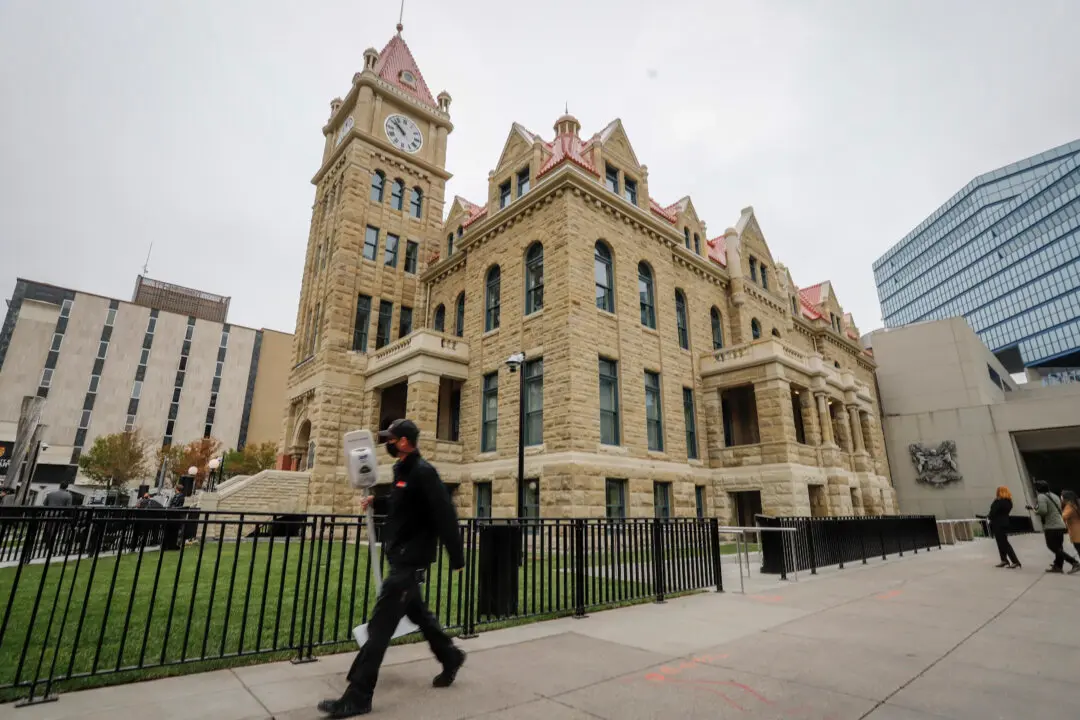The Saskatchewan legislature has passed a new law that makes parental consent necessary before a child under 16 can use a different gender identity or pronoun at school.
The legislation, known as Bill 137, passed on Oct. 20 following two months of heated debates, and received royal assent on the same day. MLAs voted along party lines, with the majority Saskatchewan Party government ensuring the bill’s passage.





